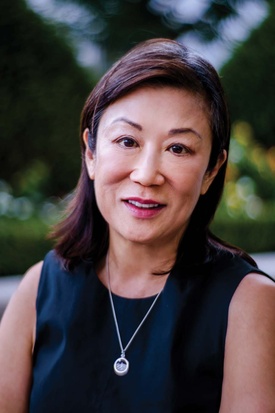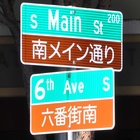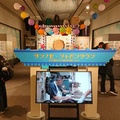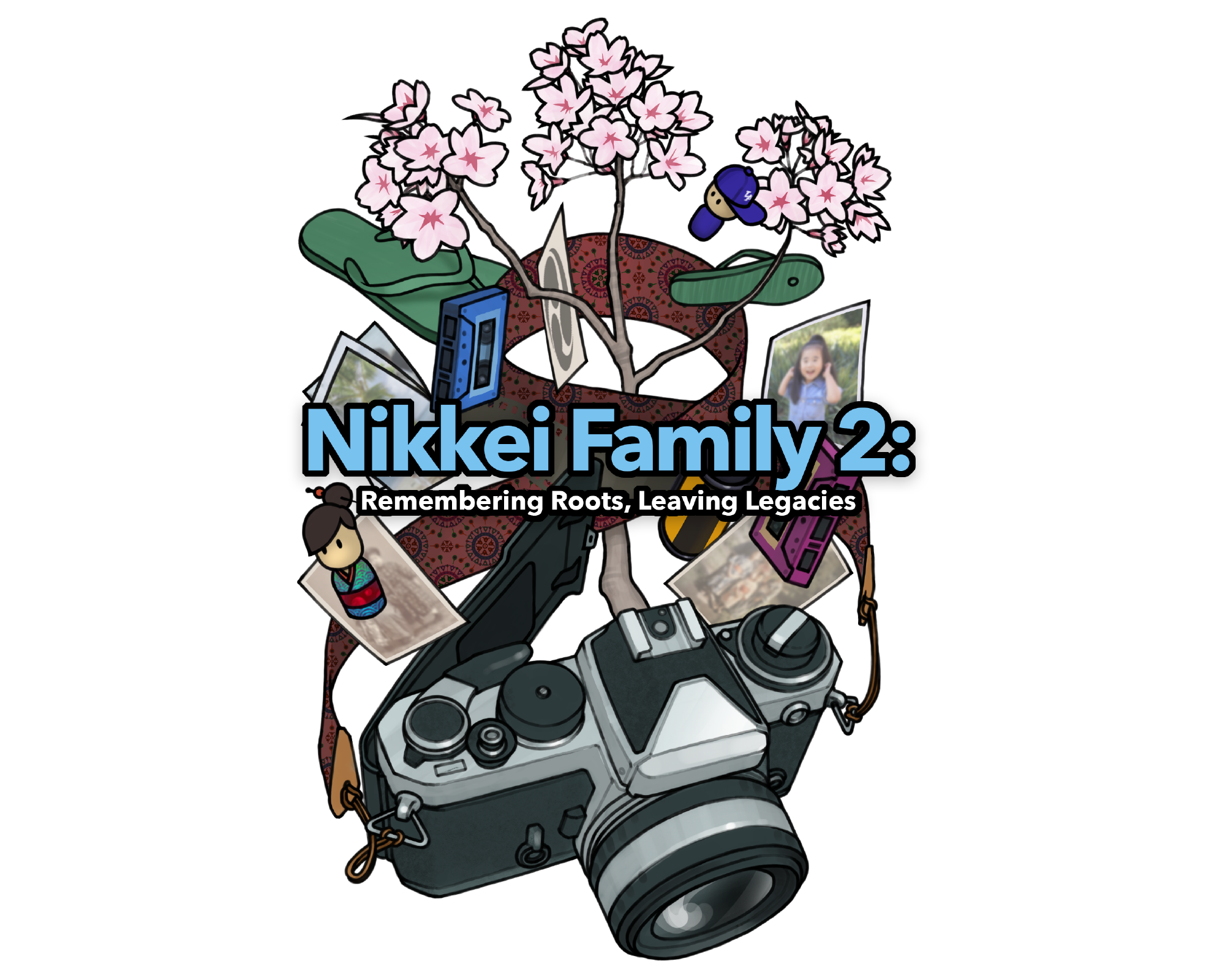The journey to publishing in Japanese
--How did the Japanese version come to be, and why was it published by E-Compress? It seems that E-Compress is not a company that has worked on this type of book much.
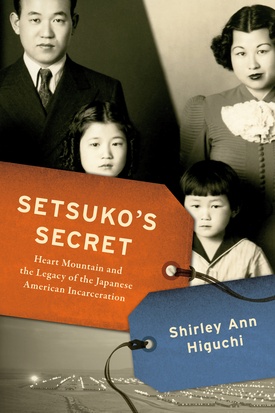
Iwata: When Shirley published the original book, without my knowledge, people who had much deeper ties to the Higuchi family than I did, including Shirley and her mother, Setsuko, who is the protagonist, were working to publish a Japanese translation.
The main people involved in creating the Japanese version were Kenji Sugibayashi, president of Josai International University and a pharmacologist, and Katsuharu Miyajima of NanoCarrier, a drug discovery venture. When they were young, the two were trained as postdoctoral researchers at the University of Michigan and the University of Utah under the author's father, William (Bill) Higuchi (Setsuko's husband), a renowned pharmacologist. At the time, Professor Sugibayashi often asked Setsuko about her life in the camps, but she always skillfully evaded the question. When the "secrets" were revealed in the original book, he was shocked as to why she refused to talk about them, and why she continued to secretly donate to preserve the remains of the camps, which she was reluctant to talk about, and he felt that he wanted to introduce the book in Japanese.
In an environment where it was difficult to publish a book, I approached a publisher I knew well who specialized in medical and pharmaceutical products, and the publication was realized. I didn't have any connections with publishers myself, so I think I was very fortunate.
A sense of justice and calm analysis
--What kind of person is the author, and what do you think he thinks about things related to Japanese people?
Iwata: He has a very strong sense of justice, and I admire his thorough investigation into "Setsuko's Secret." First of all, he has a strong belief that the mistake of internment, for which the US government officially apologized, must not be repeated. He was also very critical of former President Trump's xenophobic immigration policies.
On the other hand, she also objectively analyzes the impact that the forced internment of the first and second generation had on the third generation. She talks about the negative aspects of the attitude of working desperately to assimilate into the majority white society while keeping the pain of the forced internment to themselves, using Japanese words such as "gaman" and "shikataganai," and expecting the third generation to succeed in society. She calmly analyzes why the author's brother died in a traffic accident. Was it just an accident? She also calmly analyzes the facts that the family is reluctant to make public.
INTERVIEWER If you don't have a certain level of knowledge about the issues facing Japanese Americans during the war, it would take some time to understand the book. What challenges did you face when translating it?
Iwata: For example, as you can see in the subtitle of the translation, the word "internment" appears frequently. The original text sometimes uses the word "camp," but I avoided it because it gives the impression of leisure. All the names of Japanese people are written in katakana. There are many people mentioned, so it may be difficult to read.
I often had trouble translating English into katakana. Should "Omura" be written as "Oomura" (大村) or "Omura" (尾村 or小村)? I did a lot of research each time, including the Discover Nikkei oral interview series. In one case, I found a gravestone in a cemetery on Google Earth, and was able to determine the correct reading (in Japanese).
A poignant epilogue
--As a translator and as a reader, what moved you or left an impression on you?
Iwata: The most memorable part was the "Epilogue." In 2019, Shirley was invited by the Ministry of Foreign Affairs to visit her paternal grandparents' relatives in Saga Prefecture. There, she met her grandparents' niece, Sumiko Aikawa. Sumiko remembers hearing about her grandparents' hardships and tells Shirley about what it was like back then. They embrace each other and shed tears. The photo of them embracing each other is included in the epilogue.
Shirley is grateful to have had the opportunity to hear directly about the hardships of her family's roots in a remote region of Japan, but she also feels keenly aware of the "Saga" of Japanese Americans and why she was only able to hear such stories by visiting relatives in Japan, rather than directly from her own family.
Actually, I couldn't write Sumiko Aikawa's name as "Sumiko Aikawa", so I tried to find out the kanji and contacted people involved, and found out that Sumiko passed away last year. I was able to get in touch with Sumiko's son, and when I sent him the translation, he contacted me to say that he was surprised when he saw the photo of his mother embracing Shirley, as it was the first time he had ever seen his mother express such emotion. It made me realize just how precious that short meeting must have been for Shirley and Sumiko.
INTERVIEWER As a reporter, are there any Nikkei-related topics you would like to tackle in the future?
Iwata: "Setsuko's Secret" vividly depicts the history of how Japanese people suffered from racial discrimination brought about by wartime hysteria, how they overcame that suffering, and how the nation accepted it as a mistake. The work expresses Shirley's strong desire that such negative history must not be repeated.
But what about now? In the fight against the coronavirus epidemic, former President Trump himself called the virus the "China virus," stirring up anti-Asian hatred. Now, in the aftermath of the US-China conflict, conservative states in the US have passed laws banning Chinese people from acquiring real estate. This is reminiscent of the Chinese Exclusion Act at the end of the 19th century, or the Japanese Exclusion Act passed in California in the early 20th century to exclude Japanese immigrants from farming.
Furthermore, Japan, which encouraged immigration at the time in preparation for a future population explosion, is now suffering from a rapid decline in the birthrate and aging population, and is now on the receiving end of immigrants. Next year marks the 100th anniversary of the Japanese Exclusion Act, which came into force in 1924. While looking back on the history of settler colonialism by the Japanese government and the mistakes of America, I would like to think about the current situation and future of Japanese Americans not only in America, but all over the world.
© 2023 Ryusuke Kawai


